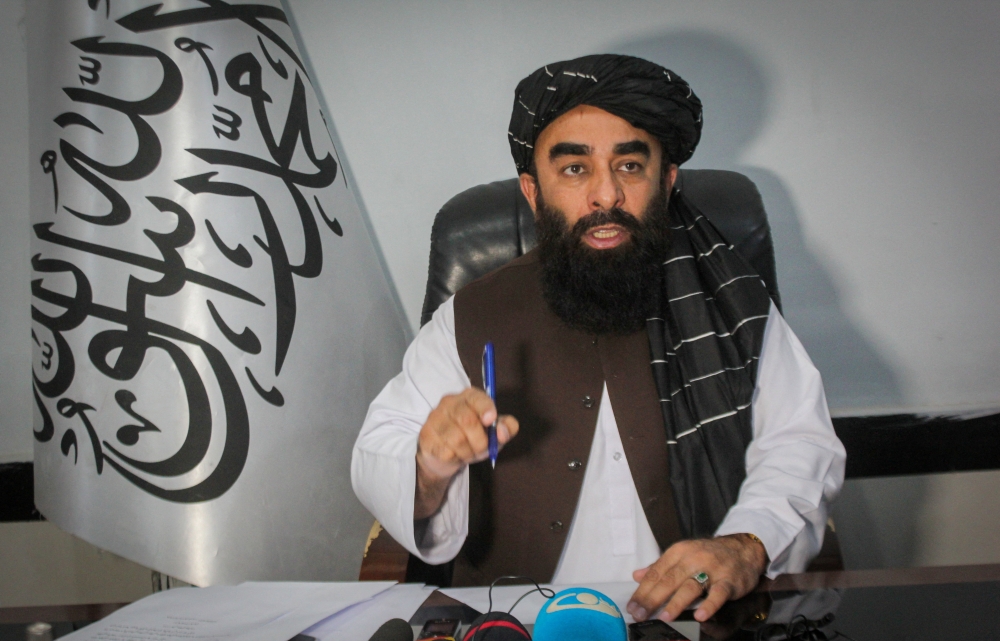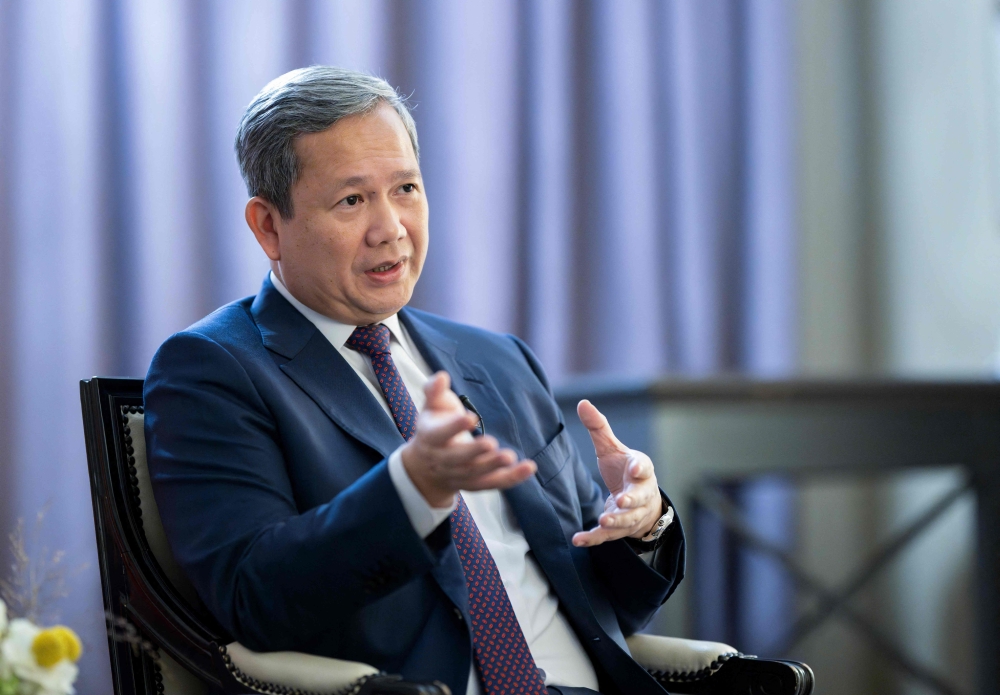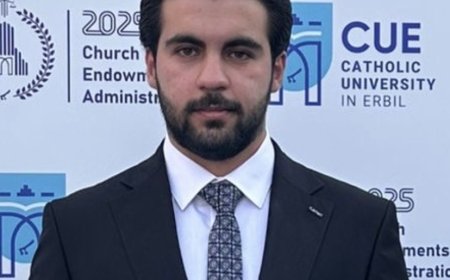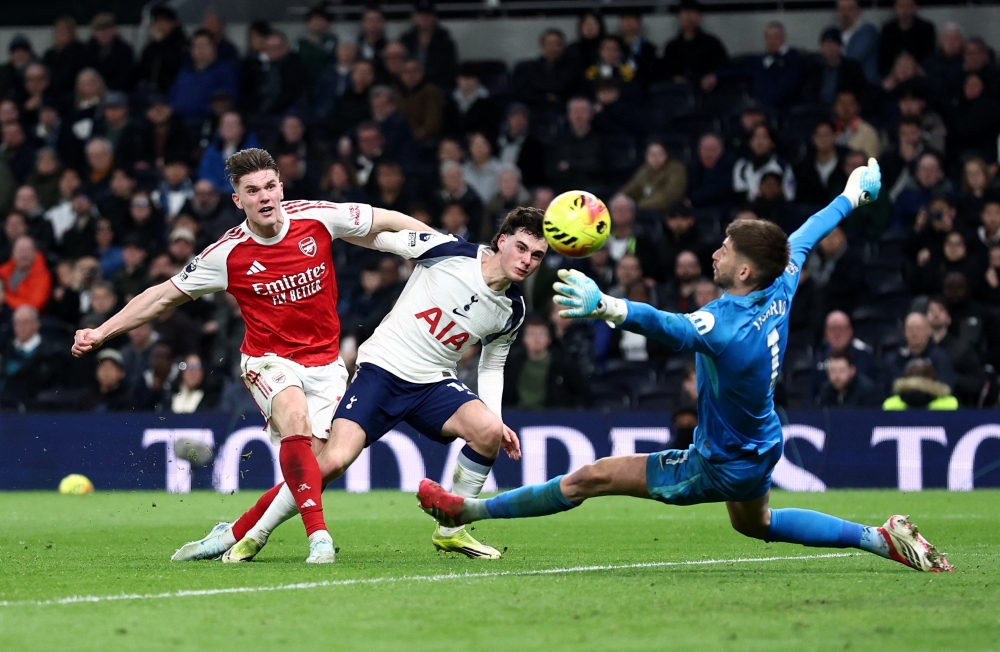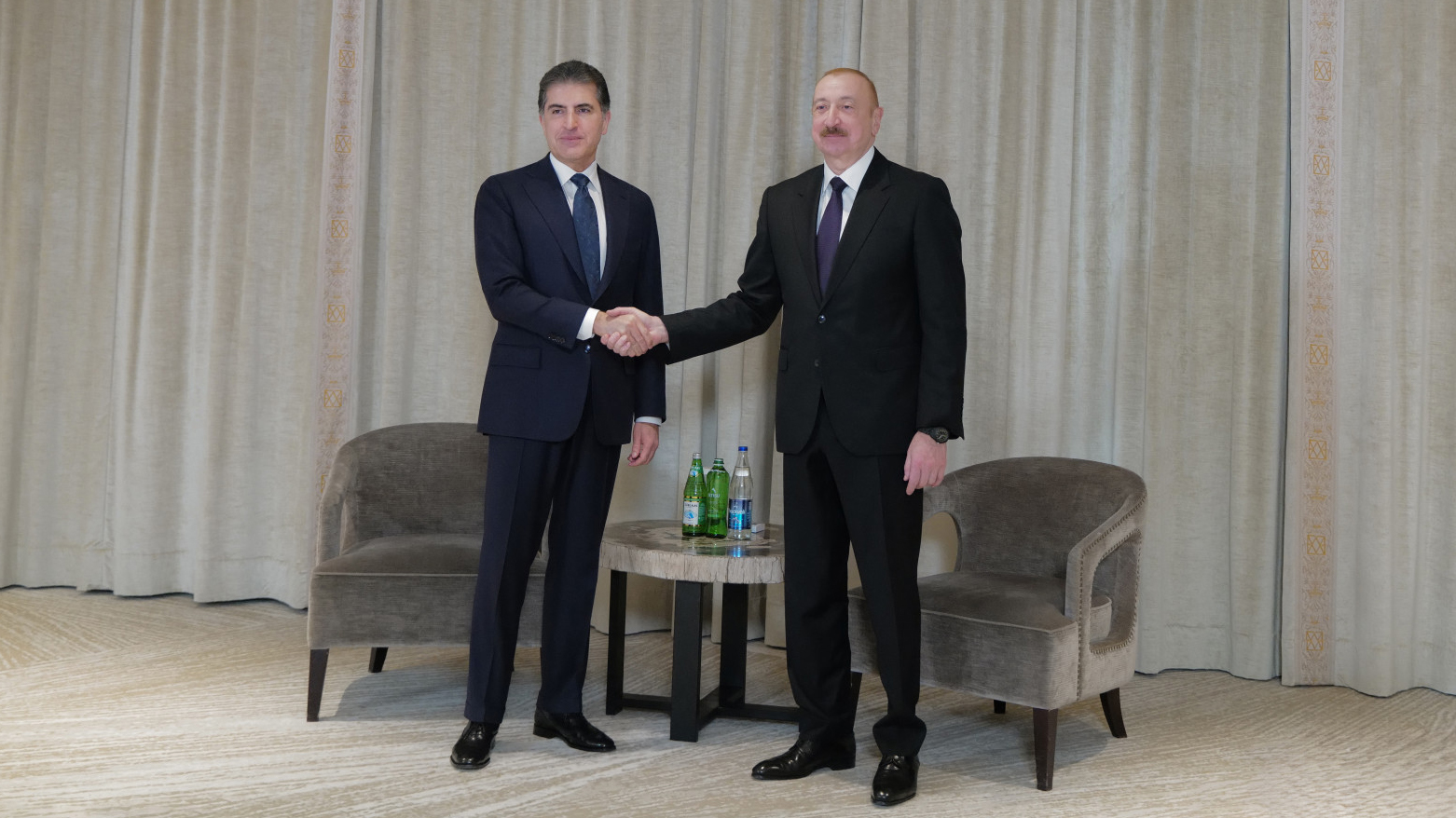Ceasefire deal a major breakthrough, but war not over yet

The ceasefire and hostage deal between Israel and Hamas, announced after intense negotiations in Egypt, is a long-awaited breakthrough that brings them closer to ending the two-year-old war in Gaza.
But, despite the momentum, there is no guarantee that this will happen.
The main difference in these efforts has been the personal involvement of President Donald Trump, who has put pressure not only on Hamas but also on Israel for an agreement. This is a major diplomatic victory for someone who wants to be seen as the man who ended the war – and, in the process, be rewarded for it.
Israel launched the war in Gaza in response to the Hamas attacks on 7 October 2023, when around 1,200 people were killed, mostly Israeli civilians, and 251 were taken hostage.
Israel's military offensive has killed more than 67,000 Palestinians, mostly civilians and including more than 18,000 children, according to the territory's Hamas-run health ministry. Its figures are seen as reliable by the UN and other international bodies. It has destroyed most of the territory and led to a catastrophic humanitarian crisis.
What has been agreed is the first phase of a plan the president announced at the White House last week alongside the Israeli prime minister, Benjamin Netanyahu, who has been accused of sabotaging efforts for a deal in the past.
This time, Trump, reportedly impatient and irritated with Netanyahu, appears to have used the power only the Americans have to influence Israel, leaving the prime minister with no option other than to engage with the process.
Threatened by Trump with "complete obliteration", Hamas was under intense pressure too. Arab and Muslim countries embraced the president's plan, and there was heavy involvement from Egypt, Qatar and Turkey in the negotiations.
Details of the deal have not yet been published but the outline is that the remaining hostages will be freed – the 20 believed to be alive at once, possibly as soon as Sunday, while the remains of up to 28 deceased captives will be returned in stages.
Hundreds of Palestinian prisoners will be released from Israeli jails, Israeli troops will withdraw from parts of Gaza, and there will be an increase in humanitarian aid entering the territory.
Trump has publicly expressed his desire to be awarded a Nobel Peace Prize, which will be announced on Friday, a deadline that could have guided the negotiations. On social media, he employed his usual hyperbole, calling it a "historic and unprecedented event" and the "first steps toward a strong, durable and everlasting peace".
This is, without a doubt, a significant moment but it gives no certainty that a peace deal for Gaza will happen, as crucial details still need to be worked out. They include the key Israeli demand that Hamas must disarm, the extent of the Israeli withdrawal and a plan for who will govern Gaza.
In Gaza, Palestinians celebrated the announcement in the middle of the night, hoping that this will bring an end to their suffering. In Tel Aviv, people gathered in Hostages Square, which has become a symbol of the ordeal of the captives.
Hamas knows that, by releasing the hostages, it will lose the leverage it has in negotiations. It has demanded guarantees that Israel will not resume the fighting once they have been freed - but has reasons to be suspicious: in March, Israel broke down a ceasefire and returned to war with devastating air strikes.
In Israel, however, a country exhausted by the conflict, polls have consistently suggested that most people want the conflict to end.
But Netanyahu still faces political hurdles. He relies on the support of ultranationalist ministers who have threatened to quit the coalition in the case of a deal, which could lead to the government's collapse, a concern that many suspect has led him to prolong the war. He has promised to achieve "total victory" against Hamas, and any deal will have to allow him to say he has done that.
Netanyahu has called the announcement a "diplomatic and a national and moral victory for the State of Israel". Notably, unlike Hamas, his statement did not say it would end the war.
[Source: BBC News]


